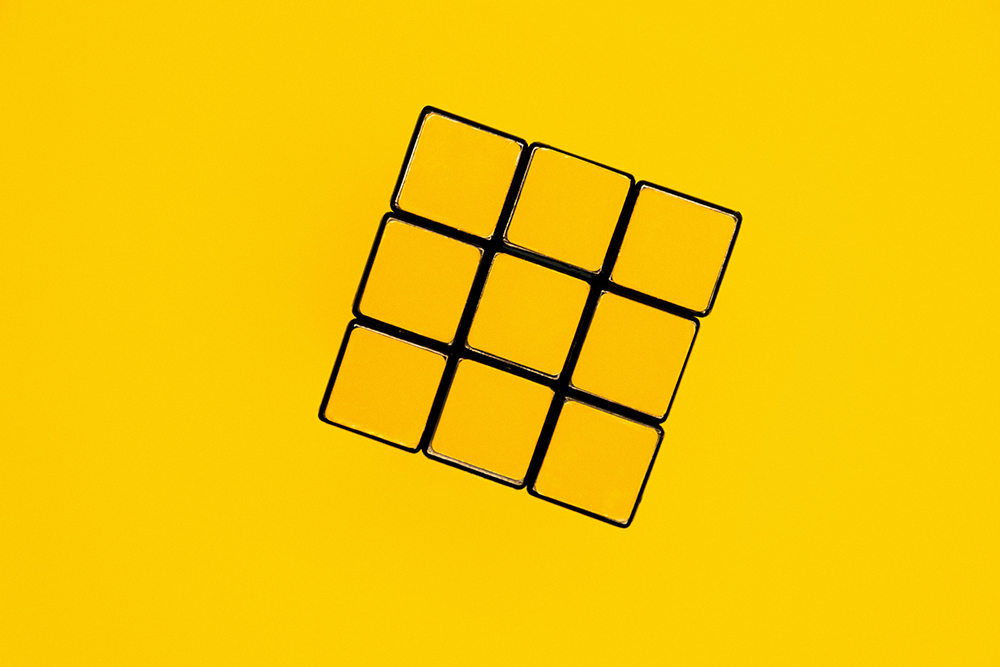In elementary school, I was shy, quiet, wore glasses, had trouble paying attention in class, was not particularly athletic, and the poor kid wearing the weird clothes (a struggle that ignited my special interest in fashion). I wasn’t exactly setting myself up to be noticed, other than for teachers to point out my neurodivergent struggles that went undiagnosed.
My teachers would tell my parents,
“She draws horses all over her schoolwork and doesn’t pay attention!”
“She has trouble reading out loud because she’s ‘shy’.”
“She’s so bad at math that she might need to be held back unless her test scores improve.”
I was getting noticed for all the wrong reasons… In particular, the teacher who commented on my math skills routinely made me feel small and afraid. He thought yelling would somehow motivate me into improving.
What I wanted to get noticed for were things like how much I loved animals, how good a friend I was, my drawing skills, and so on. But aside from my best friend, my classmates didn’t pay me much attention. I still remember when all the girls in my 3rd grade class, except for me, were invited to the birthday party of a classmate whom I had considered a close friend.
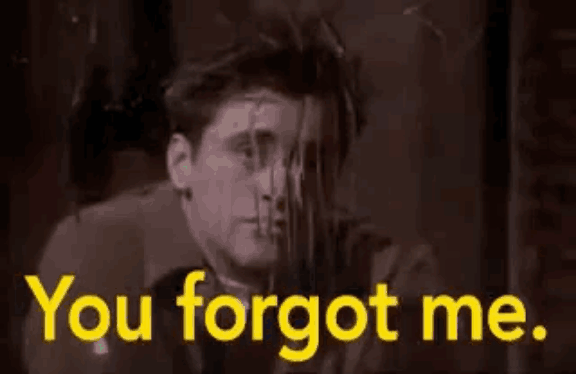
Needless to say, early on, I felt more like a problem, or a forgotten wallflower, rather than someone worth getting to know. I couldn’t understand why school, homework, and making friends was so challenging for me when everyone else made it look easy.
Middle school was more of the same. Though I did accidentally get invited to a birthday party and meet my middle school best friend.
High school is when I encountered I.B. courses and classmates who were genuinely brilliant. Despite getting mostly A’s, because that’s what my parents expected of me, I continued to struggle more than most. In elementary school, despite my compromised ADHD memory, I had perfected the art of memorization. When a test came around, I would memorize facts to pass the test. But, unfortunately that meant a lot of what I learned didn’t sink very deep into my mind.
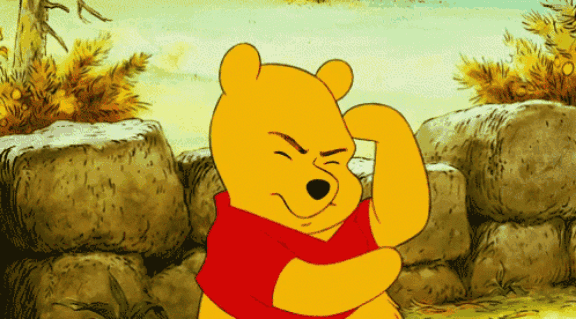
I went through high school feeling dumb, but not understanding why. I didn’t otherwise consider myself to be an airhead, detached from reality, or unable to hold a deep conversation. I felt dumb in school but smart in life.
Since receiving my diagnosis, I’ve come to understand that traditional school lessons are 0ften challenging for neurodivergent brains to learn from. In general, teachers are taught to design their lesson plans for the majority, a.k.a. students with neurotypical brains. Maybe I wouldn’t have struggled with math my entire life if lesson plans had been designed for my AuDHD brain.
An early life filled with learning challenges has left me with a deep insecurity that I am not that smart compared to my peers. It certainly doesn’t help that the knowledge I do possess often gets locked away behind a wall of anxiety in social situations.
But take me on a hike and I’ll identify a bunch of native plants and point out that colorful slime mold you didn’t see on the decaying log over there. My dad regularly brags to his hiking buddies about this particular ability of mine.
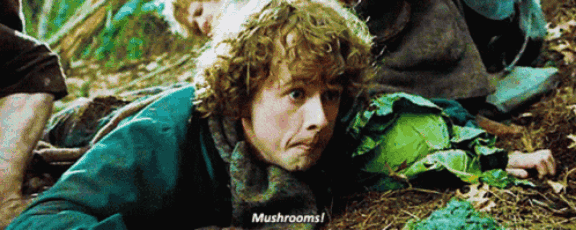
I know I possess intelligence. That’s not in question here. It’s just not necessarily an intelligence that most people find helpful.
I feel so much pressure at work to show my peers that I’m intelligent and good at my job. But too often, that looming pressure freezes me up.
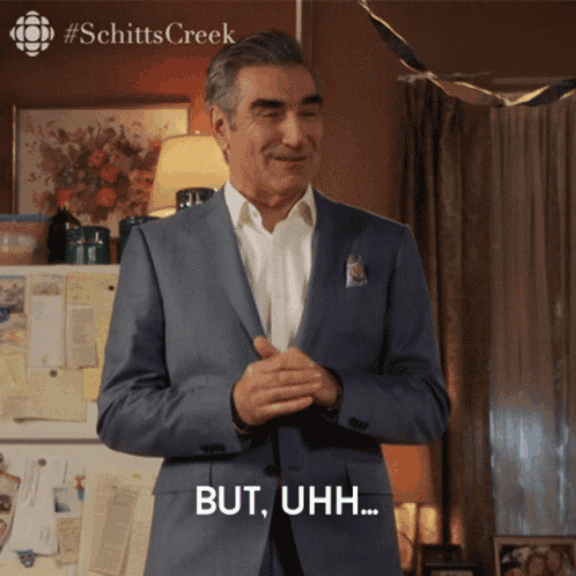
How do I begin to disentangle myself from a lifetime of feeling inadequate? It’s not as simple as telling myself to just “be more confident” or “believe in myself.” I need to have evidence to believe that. Perhaps, I should track my career wins. Our brains do have a tendency to gloss over the positive to focus on the negative. It’s how we evolved to avoid complacency and not get eaten by that tiger hiding in the grass. Reminding myself of my successes could begin to shift my paradigm.
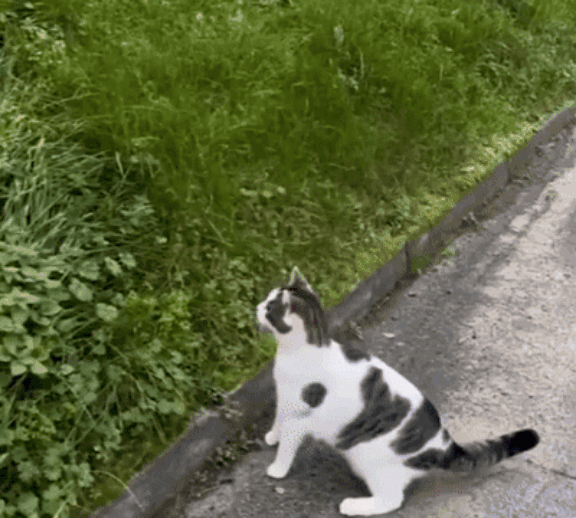
At this point, though, my insecurity about my abilities as a professional is so deeply rooted that even if my boss or a coworker were to tell me, “You did a good job today,” I wouldn’t really believe them.
Unfortunately, this is one challenge I have yet to overcome.
